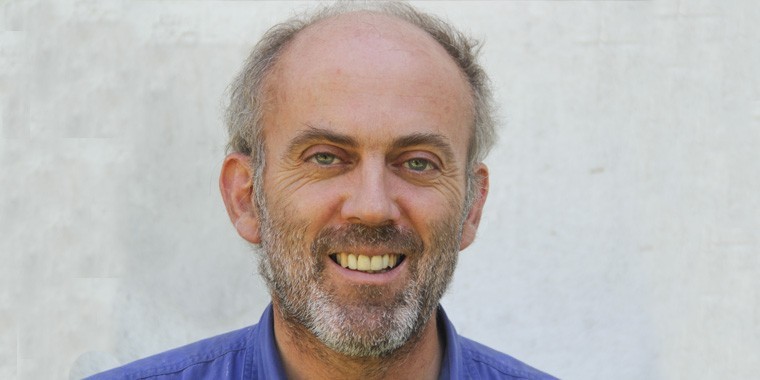The Government has, at last, released its Path to Sustainable Farming plan for English farming post-Brexit. Although remarkably light on detail, the document does lay out a clear program for cuts to BPS payments between next year and 2024. Intriguingly, from 2022 it also proposes “an exit support scheme to help farmers who want to retire”.
Just what this will amount to is not clear, but the most likely basis of such a retirement scheme will be to give farmers an option to ‘de-link’ their BPS payments from their land. They will then be allowed to walk away from their farms but continue to receive their payments, for a period of time yet to be suggested, provided they give up farming for good.
As these farmers take a subsidised retirement, the idea is to create large acreages of land on which no subsidy is claimed and which will then be available for new entrants (who will be eligible for special government financial assistance) to start farming. These youngsters, it is hoped, will be more entrepreneurial, innovative, profitable and environmentally friendly in the way they go about food production.
It’s what age group of farmers the Government has in mind for retirement I’m not sure about. If it’s 60, then there would hardly be a farmer left, given that our average age is now 59.
But for a farmer of any age to retire is extremely problematic. Many difficulties famously revolve around Capital Gains Tax and Inheritance Tax. The act of selling farmland or other farming assets immediately creates a likely Capital Gains Tax liability. Farming assets also qualify for Business Asset Relief or Agricultural Property Relief from Inheritance Tax. So farmers with even quite a modest net worth would have to think long and hard about cashing in their farming chips without exposing themselves or their heirs to ruinous taxation.
There is even a quirk with Capital Gains Tax that says that if a farmer owns farmland on death the value of the land is ‘rebased’ to modern day values, allowing beneficiaries to a farmer’s Will to sell on the land completely tax-free. There’s a good reason why accountants advise farmers to make sure they die with their wellies on.
Even ignoring the tax implications of a farming retirement, how many farmers are actually capable of hanging up their coveralls for the last time? It’s hard to think of a profession where its practitioners become more attached to the identity that their profession provides. The Covid-19 pandemic and lockdown have certainly brought it home to me how much I rely on the farm to keep me sane. However bad the news, an hour looking round my Sussex cows calms me right down.
So, while it’s hard to argue that the Government is not correct to develop a scheme to encourage some farmers to retire, I’ll be surprised if they find many takers.




